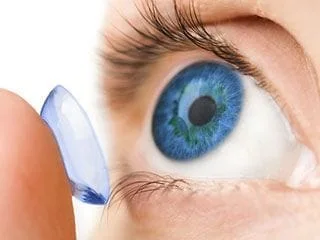
Contact Lens Exams
Contact Us
We look forward to hearing from you.
Hours of Operation
Our Regular Schedule /We close daily for lunch from 12:45pm to 2pm
Monday:
10:00am
6:00pm
Tuesday:
9:00am
5:00pm
Wednesday:
10:00am
6:00pm
Thursday:
9:00am
5:00pm
Friday:
9:00am
5:00pm
Saturday:
Closed
Closed
Sunday:
Closed
Closed
No testimonials settings found. Please configure it
No Health Form settings found. Please configure it.
